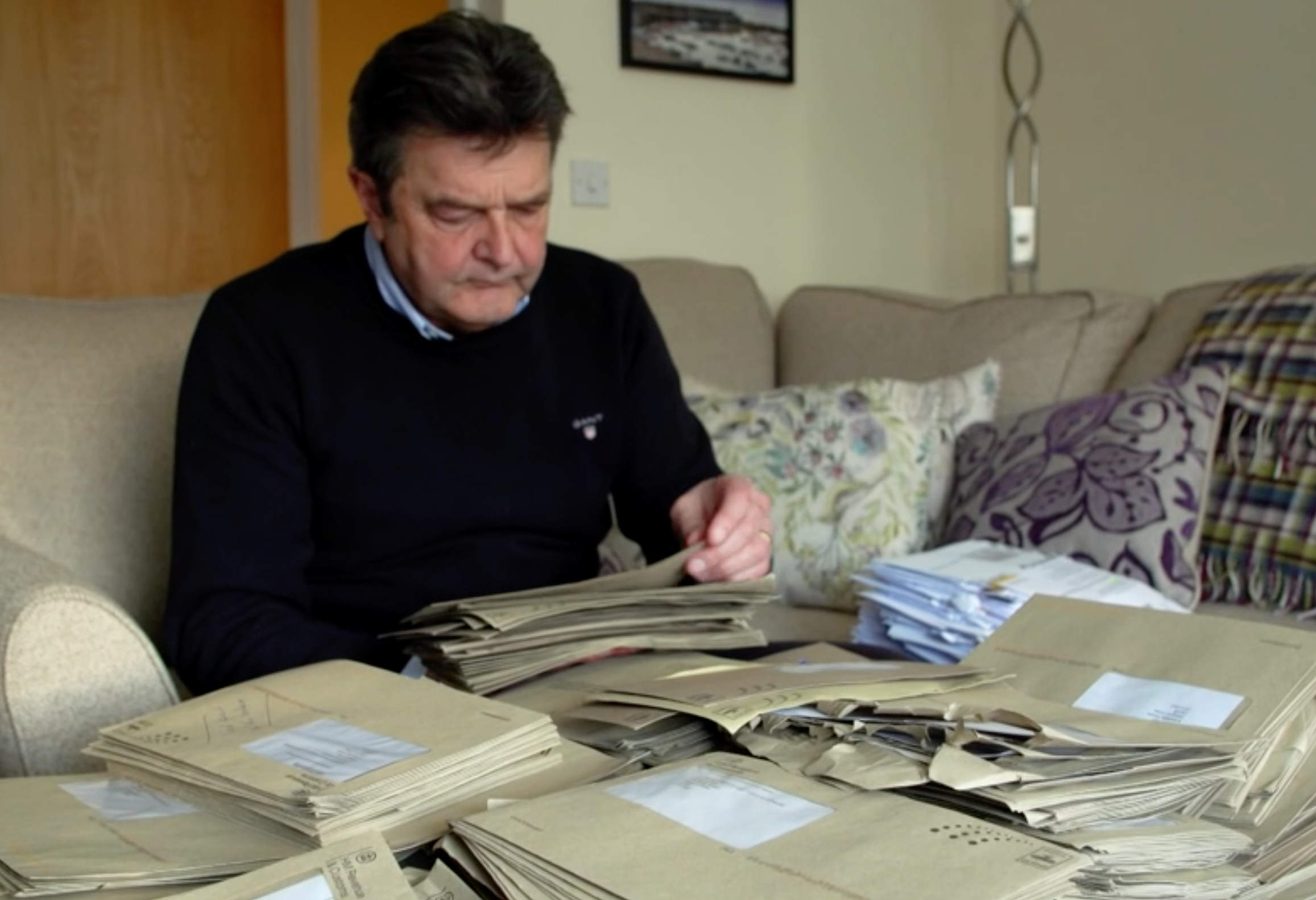Unwitting flat owner bombarded with unpaid tax bills for 11,000 foreign firms
‘Horrendous’ case of ‘large-scale VAT fraud’ points to systemic weaknesses in tax system, senior MP warns – as HMRC probe finds ‘no evidence of fraud’

Your support helps us to tell the story
From reproductive rights to climate change to Big Tech, The Independent is on the ground when the story is developing. Whether it's investigating the financials of Elon Musk's pro-Trump PAC or producing our latest documentary, 'The A Word', which shines a light on the American women fighting for reproductive rights, we know how important it is to parse out the facts from the messaging.
At such a critical moment in US history, we need reporters on the ground. Your donation allows us to keep sending journalists to speak to both sides of the story.
The Independent is trusted by Americans across the entire political spectrum. And unlike many other quality news outlets, we choose not to lock Americans out of our reporting and analysis with paywalls. We believe quality journalism should be available to everyone, paid for by those who can afford it.
Your support makes all the difference.A Cardiff man was hit with tax bills totalling £500,000 from 11,000 firms, mostly from China, after HMRC allowed them to register for VAT to his address.
The extraordinary case “looks to all intents and purposes like VAT fraud”, according to one tax expert, who urged HMRC to completely “tighten up” the VAT registration process for foreign companies.
Dylan Davies, the recipient of thousands of letters from HMRC and debt collectors demanding at least £500,000 in unpaid taxes, said the “horrendous” situation had left him squarely in the sights of bailiffs who could come “charging the door down”.
The first sign of trouble came in November when he suddenly received 580 brown envelopes in a single day’s post – a vast mountain of bills soon swamped in comparison by the amount that continued to flood in over the ensuing six months.
“Where does this end?” Mr Davies asked BBC Wales’s X-Ray programme. “You’ve now got debt collection agencies on behalf of HMRC who are going after these debts. Where are they going to go after them – this is the only address they’ve got.”
Mr Davies is reported by The Times to have contacted the Welsh consumer affairs show in desperation after first trying to alert HMRC via his solicitor, with no response.
His case has since been raised by MPs who sit on the Commons public accounts committee, whose Labour chair Meg Hillier wrote to HMRC’s most senior civil servant on 17 March, demanding action. She described the case as “prima facie large-scale VAT fraud” which “points to systemic weaknesses” in the system.
But in his response 12 days later, Jim Harra, head of HMRC, said its ongoing investigations “so far have found no evidence of fraud or fraudulent intent” relating to Mr Davies’ case.

Mr Harra conceded that 11,000 firms had changed their registered address to that of Mr Davies’ in Cardiff over a six-month period, and said that 2,356 of the businesses owed a tax debt.
HMRC has since contacted Mr Davies “directly to apologise and to assure him that we had taken urgent action to prevent further disruption”, Mr Harra said, adding that he will be offered “compensation for the time it took us to resolve the matter”.
Asked how HMRC failed to notice 11,000 firms registering to one residential address in such a short period, Mr Harra said: “It is not unusual for multiple businesses to operate from one address and, as the address used was not the subject of any transaction monitoring or watchlist, the risking rules did not identify the issue.”
New post-Brexit rules, in force since January 2021, mean that Amazon and other online marketplaces must collect VAT from overseas traders themselves and pay it to HMRC. But this is not required if firms have a registered UK address for VAT – for which no proof of address is needed.
It is currently easier to “register a company for VAT than it is to go and get a bus pass”, financial crime consultant Graham Barrow told X-Ray, urging HMRC to “tighten up completely”.
It “beggared belief” that HMRC did not notice the number of companies being registered for VAT at Mr Davies’s flat, said Mr Barrow, who suspects the companies are collecting VAT from their buyers and simply pocketing it.
“It looks to all intents and purposes like VAT fraud,” he said. “There’s no other reason why you’d register for VAT at a complete stranger’s address, particularly for 11,000 companies to do that.”
HMRC data suggests that around 70 per cent of the businesses using Mr Davies’ address operated on online marketplaces, which provided data to the taxman. There is no evidence that the remaining 30 per cent have sold goods in the UK or have any outstanding VAT to pay, according to Mr Harra’s letter.
An HMRC spokesperson said: “We are reviewing our operational processes for managing high volume address changes, including understanding any vulnerabilities in our systems associated with this behaviour.”




Join our commenting forum
Join thought-provoking conversations, follow other Independent readers and see their replies
Comments